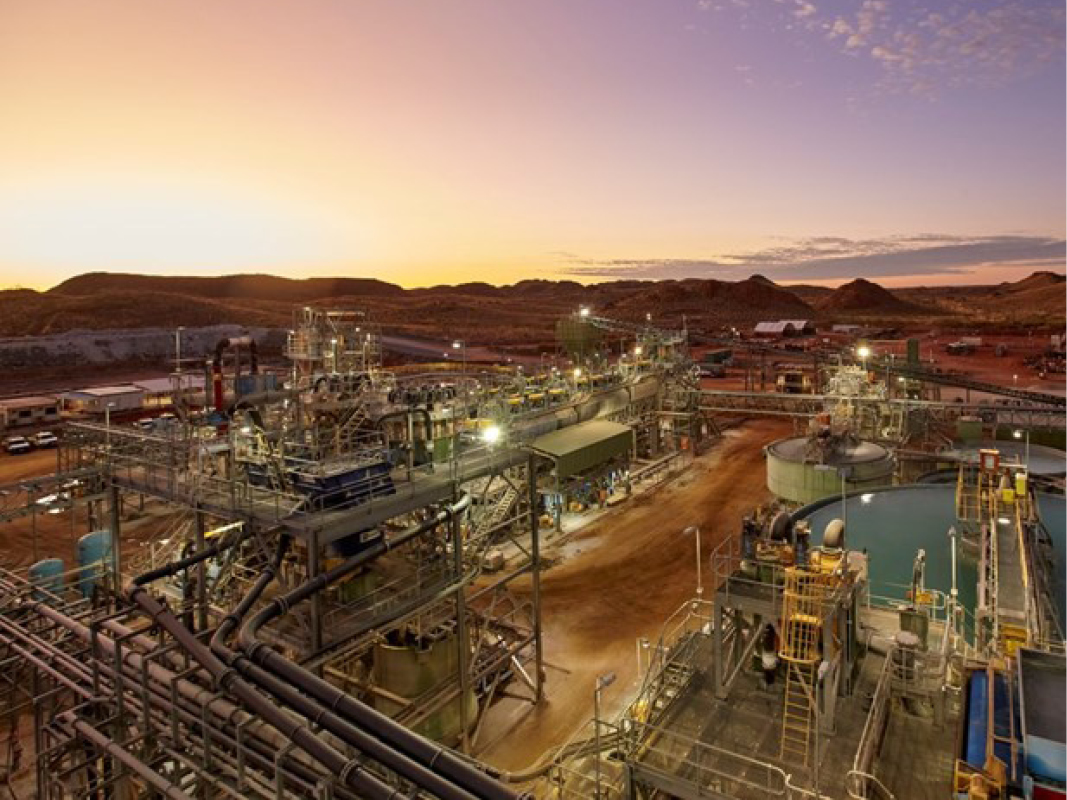Pilbara lithium miner Pilbara Minerals is confident in the future forecasts for lithium, despite some price reductions in the past few months.
The company’s Corporate Affairs Manager, Linda Gimondo, told Port Hedland Industries Council’s Community Industry Forum last month that lithium demand globally was forecast to grow as the world pursued net-zero ambitions.
Pilbara Minerals is the largest independently owned hard-rock lithium company in the world.
Its Pilgangoora operation 120km south east of Port Hedland accounts for 8 per cent of global lithium supply (hard-rock and brine) and has a 34-year mine life.
In FY23 production increased by 64 per cent from the prior year to 620,000 tonnes of spodumene concentrate.
The company’s growth strategy is to activate the full potential of Pilgangoora by extracting greater value from the raw product and moving further along the battery materials supply chain.
There are two expansions projects underway, P680 and P1000.
The P680 project will deliver a 100,000tpa increase in production and includes a new 5mtpa crushing circuit to replace the existing contracted crushing services, making it the world’s largest lithium mineral ore sorting facility.
A final investment decision on the P1000 project was made in March this year. It will increase the nameplate production capacity by more than 45 per cent, with first ore targeted for the March Quarter of 2025.
Pilbara Minerals has a workforce of around 800 people, with about $1 billion invested in projects underway.
The company plans to capture more value in the region by expanding into mid-stream processing, while at the same time pursuing downstream processing in a joint venture with POSCO in South Korea.
The midstream demonstration project, a joint venture with Calix Ltd was approved by the board in August this year.
The aim is to demonstrate the potential to reduce carbon emissions intensity for the hard-rock lithium supply chain.
Successful demonstration of the technology could enable production of a mid-stream lithium enriched product at the Pilgangoora operation.
Benefits of a successful operation include production of a higher value product, elimination of waste in the saleable product, and significantly reduced carbon intensity in the calcination stage if powered with renewable electricity.


